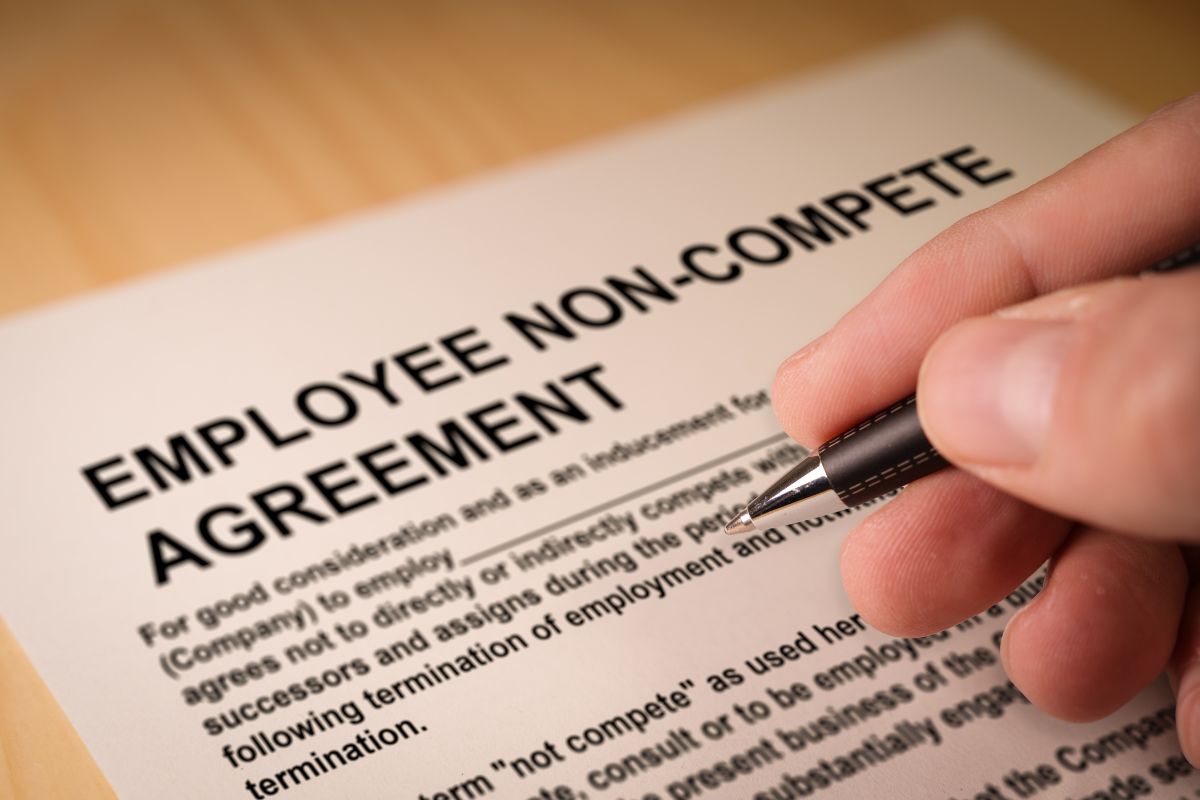Losing a job is stressful enough, but finding out you’re still bound by a non-compete agreement can feel like getting kicked while you’re down. In New York, the law doesn’t give employers free rein. These contracts are enforceable only under narrow circumstances. That makes it crucial for workers—especially those in industries prone to exploitation, like hourly and wage earners—to know where they stand. For broader workplace rights issues, many turn to New York wage and hour lawyers for guidance.
What Is a Non-Compete Agreement?
Think of a non-compete as a leash an employer tries to keep on you even after you’ve left. It’s a clause in a contract that limits where you can work, how long you’re restricted, and sometimes even the type of role you can accept.
On paper, it’s meant to protect trade secrets, confidential information, or client relationships. In practice, it can block someone from putting food on the table. For instance, a six-month restriction in Manhattan might sound short, but for someone in a niche industry, that can mean half a year without income.
Are Non-Competes Enforceable in New York?
New York courts treat these agreements with skepticism. They’ll enforce one only if it’s:
- Reasonable in duration — typically months, not years.
- Geographically narrow — tied to the actual market where the business competes.
- Focused on legitimate interests — like client lists or specialized training.
Anything too broad—say, barring an employee from working anywhere in the U.S. for three years—is likely dead on arrival.
What If You’re Fired or Laid Off?
Here’s where fairness comes into play. Being fired without cause or laid off tips the scales in favor of the worker. Courts often view it as unjust to cut someone loose and then prevent them from finding new work. It’s like pushing someone out of the boat and then telling them they can’t swim to shore.
Still, each case depends on the wording of the contract and how the judge interprets it. If the agreement is reasonable and protects a legitimate business interest, it may still carry weight—even if the worker didn’t leave voluntarily.
Key Factors New York Courts Consider
When deciding whether to enforce a non-compete, judges typically weigh:
- How long the restriction lasts.
- The geographic area it covers.
- The scope of work it restricts.
- Whether the employee left voluntarily or was fired.
- Public policy concerns—such as keeping workers from being unfairly locked out of their own profession.
Migrant and Hispanic Workers: A Vulnerable Target
Hispanic and immigrant workers often face the harshest impact of non-compete agreements. Many already endure wage theft, unpaid overtime, or intimidation in the workplace. When an employer waves a non-compete in front of them after termination, it can silence workers who would otherwise fight for their rights. That’s why some turn to dedicated overtime attorney for Spanish speakers to push back.
Options If You’re Facing a Non-Compete in New York
Workers who believe a clause is unfair aren’t without recourse. They can:
- Ask a court for a declaratory judgment on enforceability.
- Negotiate with the former employer to narrow or void the agreement.
- Challenge it head-on if the restrictions are excessive.
- Consult an employment lawyer who understands New York law and its limits on these agreements.
FAQ: Non-Compete Agreements in New York
Are non-compete agreements enforceable in New York?
Yes, but only if they’re narrowly written and tied to legitimate business interests.
Does a non-compete hold up if I’m fired without cause?
Courts are often reluctant to enforce these restrictions in that situation.
How long do non-competes usually last?
Most last six months to two years, with shorter agreements standing a better chance of enforcement.
What happens if I violate one?
An employer may attempt to block you through an injunction or seek damages, but only if the clause passes New York’s legal test.
Talk to a New York Employment Lawyer About Your Non-Compete
A non-compete can feel like a shadow hanging over your next job opportunity. But the law doesn’t always side with the employer. If you’re worried about whether your agreement will hold up, The Samuel Law Firm can review it and help you understand your options. Contact us today for a confidential consultation.


